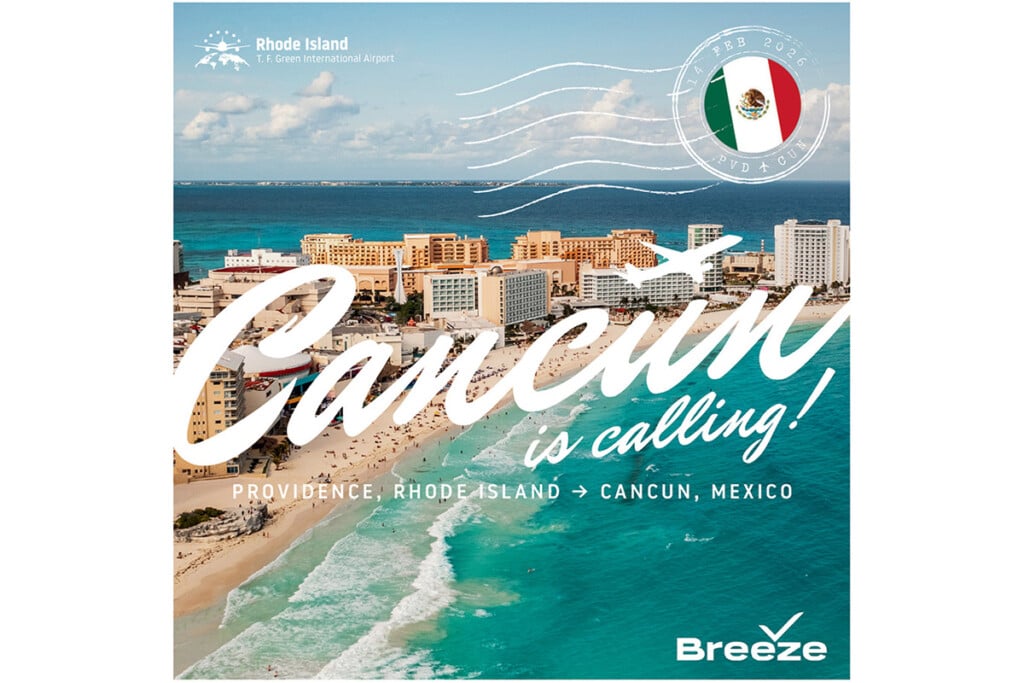How One Wakefield Resident is Trying to Solve the Ocean State’s Plastic Problem
Rob Togerson founded the startup Kestrel Innovative Fibers with the intention of reducing trash in local waters.
Rob Torgerson truly lives the South County lifestyle — one of his favorite hobbies is swimming at Narragansett Town Beach with an open-water swim club. Along with exercise and camaraderie, the pastime has given him a first-hand look at one of the ecosystem’s greatest threats: plastic in the ocean.
“Last summer, I was just swimming along and my hand went right into a plastic bag floating in the water,” says Torgerson, who lives in Wakefield. “It’s a problem, even right here in Narragansett.”
Torgerson’s desire to be involved with a solution for reducing trash in our waters led him to create a startup company, Kestrel
Innovative Fibers. He currently sells two types of PRIME fibers (which stands for Produced in Rhode Island while Maintaining the Environment): a multifilament and a monofilament made with
recycled polymers.
The multifilament is designed to make things like apparel, backpacks and fishing netting, while the monofilament can be used for tennis racket string, 3D printing material and fishing line.
To manufacture his products, he sources sustainable plastic pellets from another company. He dreams of someday being able to capture plastic directly from the ocean and transform it into new products, including fabrics for apparel. However, there are “a lot of roadblocks,” he says.
Torgerson recently presented at the University of Rhode Island’s Global Plastics Forum, where he discussed how there is currently no government funding to develop programs to harvest and process plastic waste.
“There’s nothing in New England that can take plastics, whether it’s from landfill, or headed for landfill, or from the ocean, and sort it, clean it and put it into some form to make it into fiber,” he says. “I can use an extruder to make plastic into a pellet that I can then turn into a fiber. But there’s this big blank of harvesting, cleaning, sorting …”
It is imperative to come up with solutions as soon as possible, he says. About 500,000 metric tons of plastic, which can be harmful to marine life and humans, end up in the ocean each year, according to a study published this year in the journal Nature Geoscience.
He named his company Kestrel after the bird, North America’s smallest falcon. “I liked it because it’s small and mighty,” says Torgerson, who grew up in Connecticut and spent many years living in California before moving to Wakefield a few years ago.
Before launching Kestrel in 2021, he spent thirty-five years in the medical devices field developing implantable textiles. Torgerson was co-founder of the company RxFiber, which produces medical grade fibers, and says it was a logical next step to use his skills to help the environment.
“In my career, I’ve always helped patients either improve their quality of life or extend their life,” he says. “But I wanted to get out of medical devices, so I decided to help one of the biggest patients, which is Mother Nature. She definitely needs our help.” kif-us.com



























